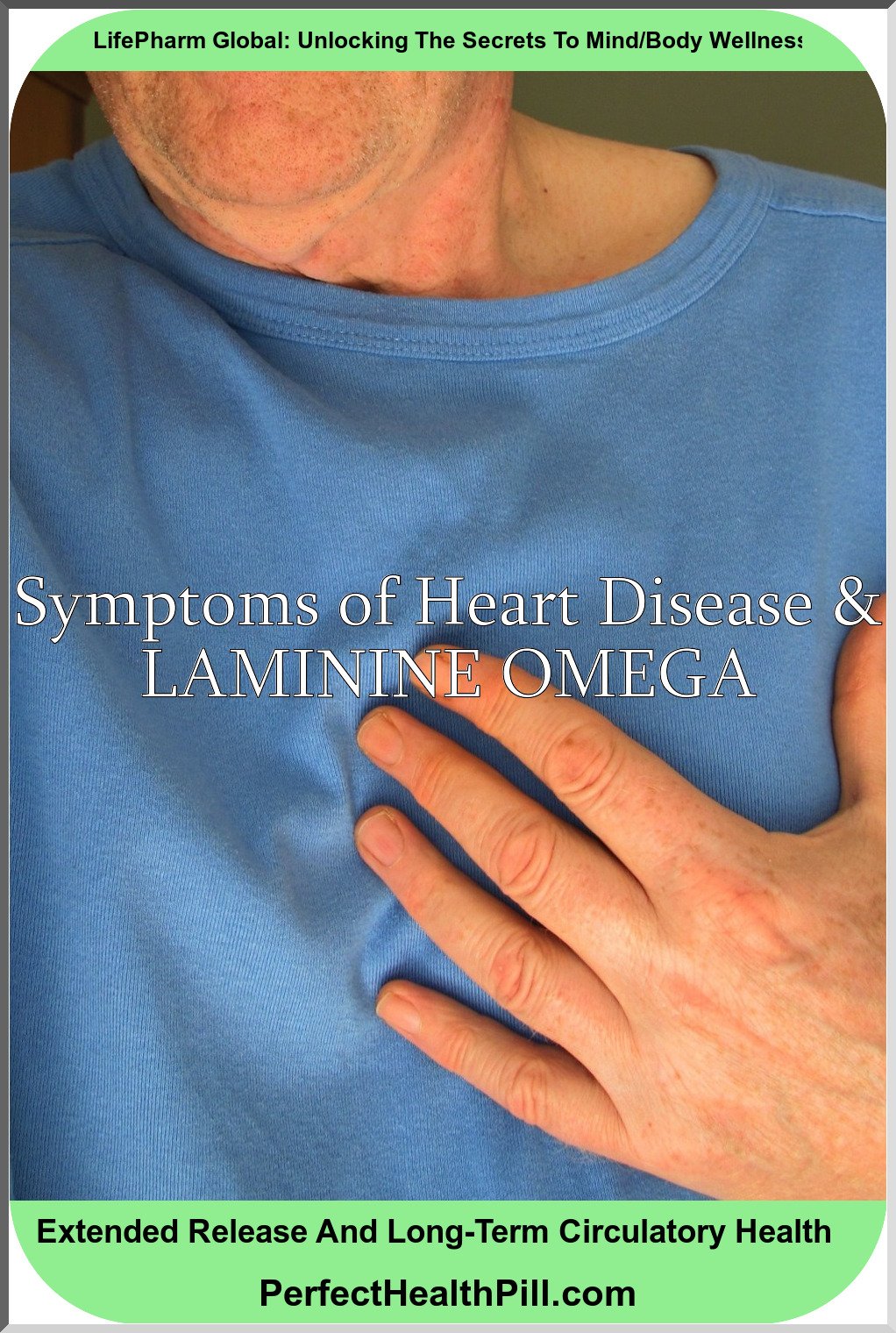
Heart disease refers to a number of different conditions that affect the heart. In addition to the cardiovascular system, heart disease can also include disorders of the lung, kidneys and other organs. Most forms of heart disease are a result of abnormalities of the heart muscle or arteries. Some forms of heart disease are life-threatening; these include cardiogenic shock, which is caused by a sudden increase in the heart’s blood pressure; myocardial infarction, which is caused by damage to the heart muscle through an artery embolism; and pericardial effusion, which occurs due to a blockage in a blood vessel.
Heart diseases can be divided into two major groups: vascular and nonvascular. Vertebral artery disease, or VAD, is the most common form of heart disease and is characterized by narrowed or blocked arteries. Diseases under the vascular heart disease category include heart rhythm abnormalities (arrhythmia); hardening of the arteries; and abnormalities of the heart muscle. Other heart conditions that fall into the nonvascular heart disease category are congenital heart disease, heart valve diseases and many others.
Symptoms of this disorder are various symptoms of heart disease. Some of the symptoms of heart disease may include palpitations, sweating, shortness of breath, pain in the chest, difficulty in swallowing, and dizziness. The symptoms of heart disease also include a persistent feeling of discomfort in the chest or abdomen and fatigue.
Heart attacks and strokes are the most common causes of death in both men and women. If you are at risk of developing heart problems, it is important that you visit your doctor for routine checkups. You should also follow your doctor’s orders on what to eat and what not to eat. A healthy diet consisting of low fat diets, fruits, vegetables and cereals will help keep your heart in good condition.
A heart attack is the most serious form of heart disease and can be fatal. A heart attack can occur suddenly, but may also develop over time. If you suffer from a heart attack, you may experience shortness of breath, chest pain or pressure, difficulty breathing and irregular heartbeat.
A person’s risk of developing heart disease depends on the severity and location of the condition. While it may seem impossible, you can protect your life by having regular checkups.
A heart attack is usually a symptom of other diseases. If left untreated, it can cause a more serious condition called cardiac arrest. While you may have no signs of a heart attack, you should always seek medical attention if you have any of these symptoms. These symptoms may include: pain, pressure or discomfort in the chest, dizziness, fainting, nausea and vomiting, headaches, fatigue and fainting.
Symptoms of heart disease may vary, depending on where they appear. Symptoms of heart disease are usually mild to severe. Once you are diagnosed with a heart disease, you should go to your doctor for routine checkups and be sure to monitor your symptoms and take the recommended treatment as directed.
Find More Information About Omega+++ Here
Please Watch the Video Below to See the Why Laminine Omega+++ May Save Your Life!


